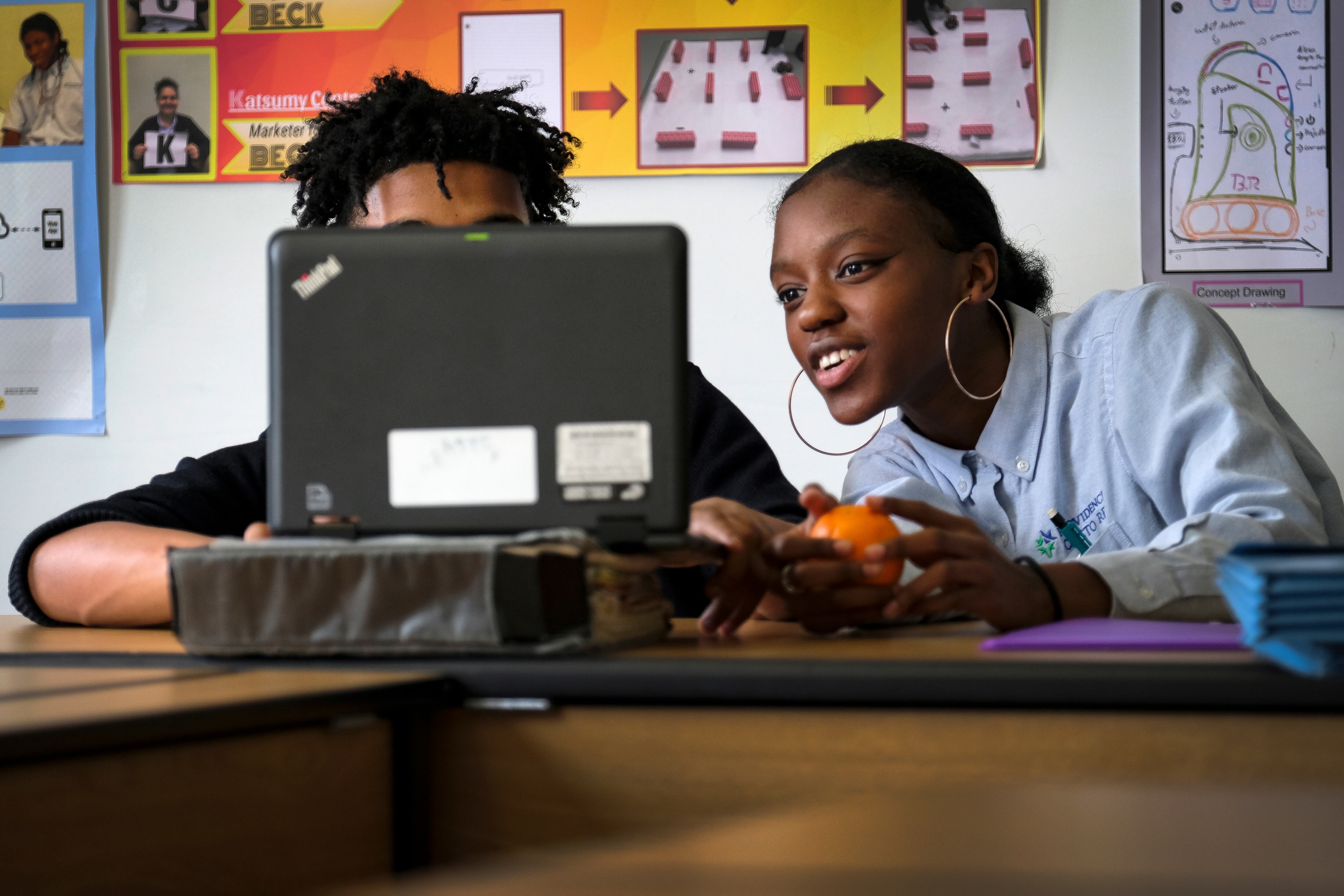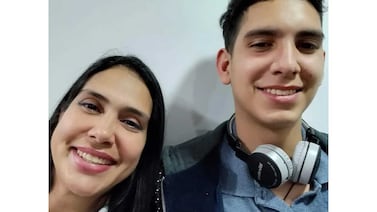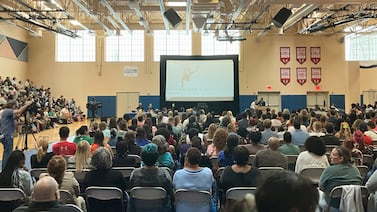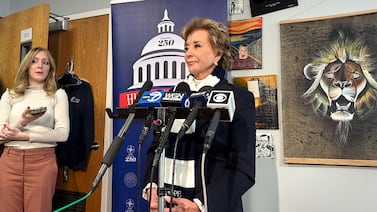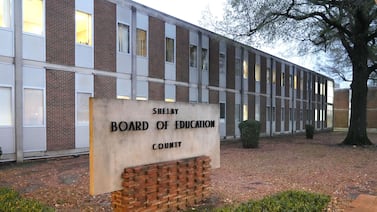Nearly 40,000 charter and private school students in Detroit will receive remote learning devices and high-speed internet thanks to a philanthropic effort aimed at bridging the city’s digital divide.
It’s the second such initiative this year for Detroit students. An earlier effort, called Connected Futures, is a $23 million program to provide tablets and internet service for students attending the Detroit Public Schools Community District. The district is in the process of distributing those devices.
This new effort, called the Tech Fund for Detroit Students, raised $1.8 million and will target charter and private high school students and recent graduates, who will receive the devices to help them with continued learning, according to a Tuesday afternoon press release.
The announcement comes as many schools across Michigan plan to begin the school year online. In Detroit, that kind of online learning can be difficult for students who don’t have the necessary technology. The district had to provide paper packets to many students to keep learning going in the spring, because they lacked internet or devices. The lack of access can limit a student’s academic opportunities and further exacerbate learning gaps.
“We’re thrilled that so many Detroit institutions have come together to ensure more students can engage in remote learning and progress in their education,” Punita Dani Thurman, vice president of program and strategy for the Skillman Foundation, said in a statement.
“High schoolers and recent graduates are the focus of this fund because they will have the least amount of time to catch up if they fall behind in their studies,” Thurman said. “Digital literacy and access isn’t only imperative now, during this pandemic. It is imperative for young people’s ongoing education, connection to community, and access to the job market.”
Charter and private schools will have to apply to receive support from the Tech Fund, and a committee of civic and school leaders will review the applications. Schools outside of the city can apply, but they must specify how the funds will be used to help Detroit students.
The goal, according to the release, is that with Connected Futures and another effort called Connect 313, all children in the city will be able to learn online if necessary.
“COVID exposed inequities in our country — and in our schools,” Jack Elsey, executive director of the Detroit Children’s Fund. “Access to technology is critical to student achievement, more today than ever before. I am thankful for the team of funders who came together in the name of equity to help close the technology gap for Detroit students and provide the resources they need to be successful.”
These are the funders that are making the Tech Fund possible:

